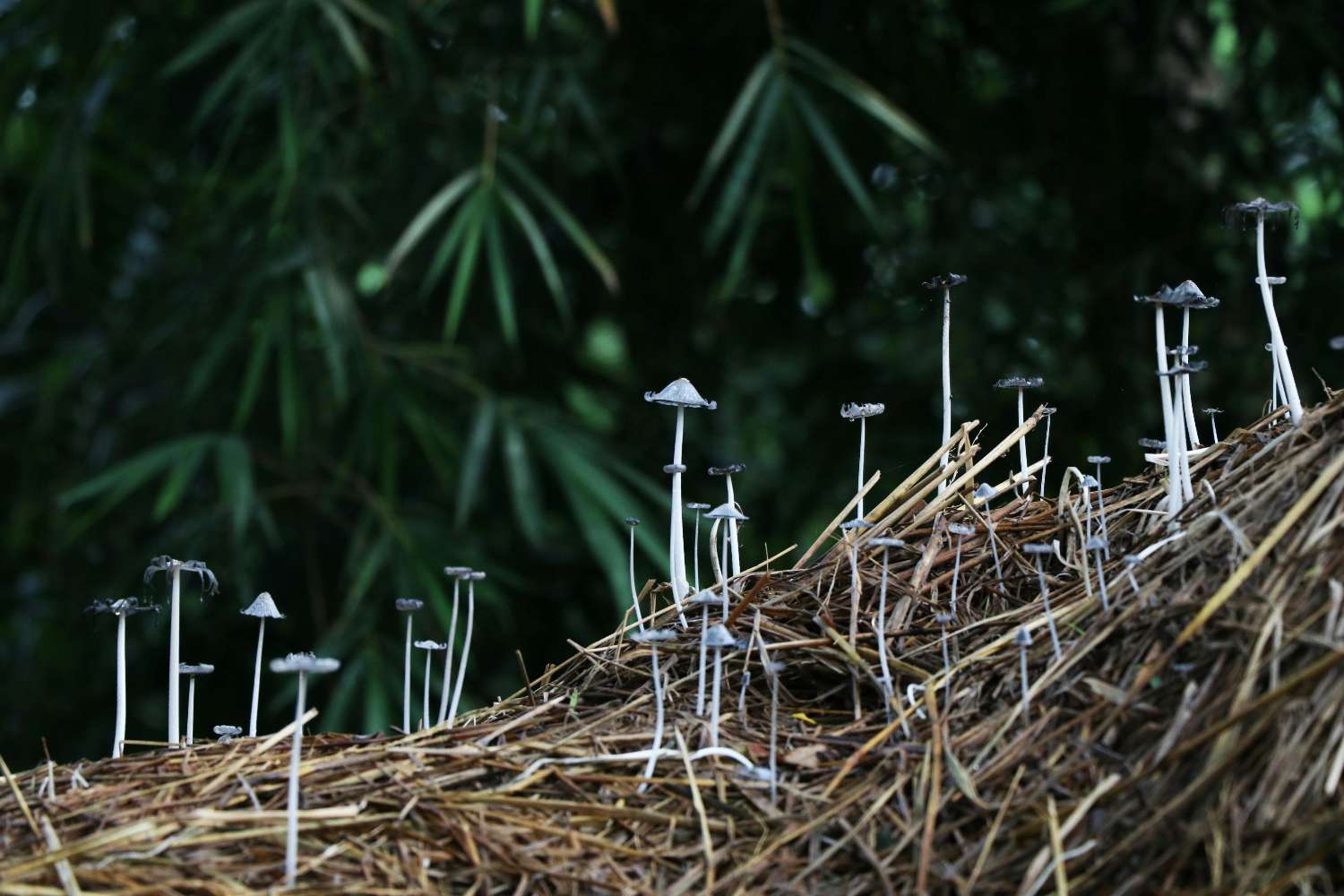New Zealand approves medical psilocybin for severe depression under tight controls. Meanwhile, U.S. states and cities explore their own patchwork solutions.

@Fazlul Kader Chowdhury/Pexels
“It’s a small step, but one in the right direction.” That’s the sentiment echoing through the global psychiatric community after New Zealand approved the medical use of psilocybin, the psychoactive compound found in so-called “magic mushrooms”.
But before we get too excited, this isn’t a free-for-all for psychedelic therapy. The approval is extremely limited: treatment can only be administered by one highly qualified psychiatrist, Professor Cameron Lacey, and only for patients suffering from treatment-resistant depression—cases where conventional medications have failed.
A cautious but promising move
While psilocybin remains illegal for the general public, its therapeutic potential is attracting growing scientific interest. Studies published in prestigious journals suggest that psilocybin can enhance brain neuroplasticity, helping to unlock rigid, pathological thought patterns.
The psychedelic experience, far from being dismissed as a trip into the unknown, is being reframed as a potentially powerful tool—especially when it’s carefully guided in clinical settings. Patients with severe depression or post-traumatic stress disorder (PTSD) are among those who could benefit the most.
This isn’t an isolated move. In 2023, Australia implemented a similar framework, allowing controlled use of psychedelic substances for mental health treatment. And parts of Canada and the United States have also begun to explore this territory, albeit inconsistently.
Tightly regulated and highly supervised
New Zealand’s Deputy Prime Minister and Health Minister, David Seymour, was careful to describe the move as “experimental and tightly regulated.” Lacey, who has led clinical research on therapeutic psychedelics, is the only psychiatrist currently authorized to prescribe psilocybin.
However, the government hopes that others may follow—if they meet strict professional standards. “The future,” one could say, rests on data, not dogma.
A global conversation still fractured
While momentum is growing in some corners of the world, the global landscape remains uneven. In Europe, the debate is still heavily influenced by a “war on drugs” mentality, where decades-old fears and taboos cloud the discussion. The notion of using psychedelics as medicine is, in many places, still met with deep skepticism.
And yet, things are changing. Take PsychedeliCare, for instance—a grassroots campaign aiming to collect one million signatures across the EU. The goal? To push the Union toward regulating psychedelic-assisted therapies, grounding the debate in science rather than stigma.
What’s happening in the U.S.?
In the United States, the situation is more fragmented. At the federal level, psilocybin is still classified as a Schedule I substance, alongside heroin and LSD—meaning it’s considered to have no accepted medical use and a high potential for abuse. That classification makes any therapeutic use technically illegal under federal law.
Yet state and city initiatives are changing the game.
In 2020, Oregon became the first state to legalize supervised adult use of psilocybin, rolling out a therapeutic model in 2023. Individuals don’t need a formal diagnosis, but they must go through licensed facilitators in controlled environments. Colorado followed in 2022, and several U.S. cities—including Denver, Oakland, and Washington, D.C.—have decriminalized psilocybin, effectively making personal use a low priority for law enforcement.
On the medical front, the FDA has granted “breakthrough therapy” status to psilocybin treatments for major depression, accelerating research. Institutions like Johns Hopkins and NYU are running clinical trials, slowly building the case for broader acceptance.
So while the U.S. doesn’t yet offer national access to psychedelic therapy, it’s quietly laying the groundwork—and the push seems to be coming from the bottom up, rather than top-down policy shifts.
A global conversation still fractured
While momentum is growing in some corners of the world, the global landscape remains uneven. In Europe, the debate is still heavily influenced by a “war on drugs” mentality, where decades-old fears and taboos cloud the discussion. The notion of using psychedelics as medicine is, in many places, still met with deep skepticism.
And yet, things are changing. Take PsychedeliCare, for instance—a grassroots campaign aiming to collect one million signatures across the EU. The goal? To push the Union toward regulating psychedelic-assisted therapies, grounding the debate in science rather than stigma.
Science, not stigma
New Zealand’s move is both bold and strategic. It doesn’t fling open the doors to untested treatments, but rather offers a controlled testing ground for a substance that, for too long, has been dismissed as purely recreational or dangerous.
In a world still grappling with mental health crises and the limits of conventional pharmacology, this measured opening could encourage other nations to reconsider their stance, not out of trendiness, but in pursuit of data-backed care.
Maybe, just maybe, we’re finally ready to treat the brain with the nuance it deserves.
